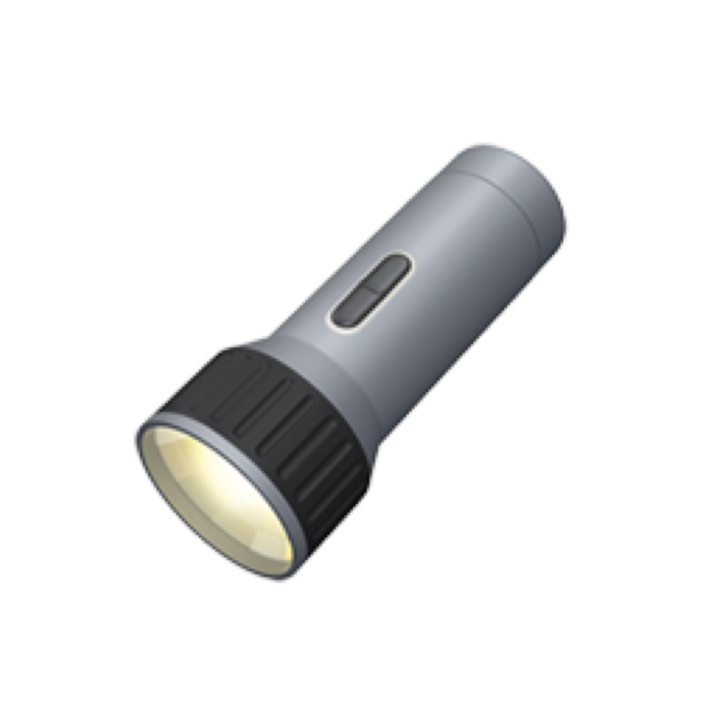BMW X3 (2024-)

Buyer's Guide & Data from our Checks
The BMW X3 (2024-) is a popular luxury SUV that stands out in the UK market for its combination of style, comfort, and practicality. As a versatile vehicle, it appeals to families, business users, and those seeking a confident drive with a refined touch. The data observed from mycarcheck.com indicates a solid level of interest, with 328 look-ups involving around 250 individual vehicles, highlighting its popularity among used car buyers. The average recorded mileage of about 39,000 miles suggests that many owners keep the vehicle for several years before upgrading, making it a reliable choice.
Typically, the BMW X3 (2024-) is used for daily commuting, family trips, and leisure activities due to its spacious interior and smooth driving experience. Its standout qualities include a well-designed interior, strong engine options, and advanced safety features. It competes well against rivals such as the Audi Q5 and Volvo XC60, known for delivering a premium feel and quality finish. The car’s reputation for reliability and a comfortable ride makes it a strong contender in the luxury SUV segment.
What makes the BMW X3 (2024-) particularly notable is its balance of stylish design and practical features, appealing to those who want a vehicle that looks good and performs well. Its average private sale valuation of over £51,000 reflects its premium status, while the generally low number of previous owners emphasizes its appeal to buyers looking for a car with a clear history. Overall, it’s a reliable, stylish, and versatile choice for those seeking a high-quality SUV in the used car market.
Key Findings
The following statistics are drawn from our checks of 250 different vehicles, run between November 14th 2024 and December 31st 2025. These real-world insights provide context for this vehicle's place in the market, as well as its typical usage.
328
Lookups
Lookups
2
Hidden Histories
Hidden Histories
54k
Average Mileage
Average Mileage
£51,300
Average Valuation
Average Valuation












